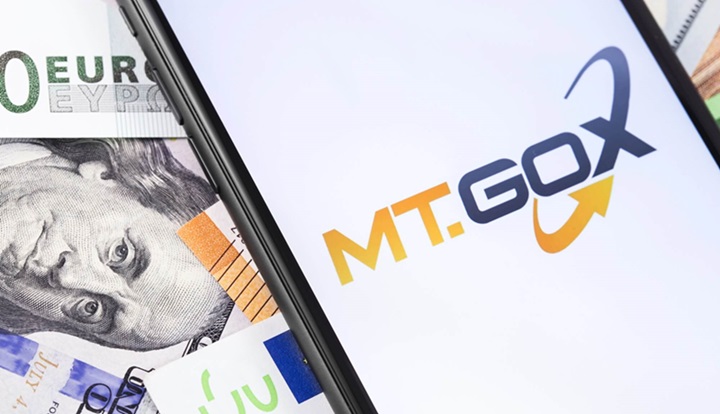In a dramatic turn of events, the long-defunct Tokyo-based bitcoin exchange Mt. Gox is set to return nearly $9 billion worth of tokens to its users, a decade after its infamous collapse. This unprecedented payout, however, has the crypto community on edge, fearing a potential market shakeup.
Once the titan of bitcoin exchanges, handling around 80% of global bitcoin trades, Mt. Gox’s downfall in 2014 was a seismic event in the crypto world. A series of devastating hacks drained the platform of hundreds of thousands of bitcoins, valued at up to $59 billion at today’s prices. The ensuing bankruptcy has been a drawn-out affair, plagued by delays and legal battles.
But now, the long wait is over. The court-appointed trustee overseeing Mt. Gox’s bankruptcy announced that distributions to approximately 20,000 creditors will commence in early July. These repayments will be made in both bitcoin and bitcoin cash, offering victims a significant windfall considering the staggering increase in bitcoin’s value since 2014.
While this is a moment of vindication for many who have waited years to recoup their losses, the crypto market has been anything but calm. Bitcoin prices recently dipped to $59,000, with the cryptocurrency now trading around $62,000 per coin, the prospect of a mass sell-off by Mt. Gox’s creditors looms large.
John Glover, chief investment officer at crypto lending firm Ledn, expects many recipients will liquidate their assets to lock in profits. “Many will clearly cash out and enjoy the fact that having their assets stuck in the Mt. Gox bankruptcy was the best investment they ever made,” Glover said.
This isn’t the first time large-scale crypto redemptions have influenced market dynamics. Recently, Gemini returned over $2 billion in bitcoin to users from its suspended Earn lending program, leading to notable market fluctuations.
Despite these concerns, some experts believe the market can absorb the impact. Lennix Lai, chief commercial officer at OKX, argues that many Mt. Gox creditors are long-term bitcoin enthusiasts unlikely to sell immediately. Additionally, Jacob Joseph from CCData points out that the market’s daily trading volume suggests sufficient liquidity to handle the increased selling pressure.
Alex Thorn of Galaxy Digital suggests that fewer coins will be distributed than expected, potentially minimizing the market impact. Meanwhile, Vijay Ayyar from Gemini notes that the disbursement process could be gradual, further diluting the potential for a sudden price drop.
It’s also important to consider the broader context. Bitcoin’s recent price decline is not solely due to Mt. Gox. The cryptocurrency had surged past $70,000 earlier this year following the approval of the first spot bitcoin ETF by the U.S. SEC. However, investor anxiety has grown due to ETF outflows, significant market liquidations, and macroeconomic factors like the Federal Reserve’s interest rate projections.
As the crypto world braces for the fallout from Mt. Gox’s revival, the landscape remains fraught with uncertainty. But in a market as volatile and resilient as cryptocurrency, the only constant is change.
(Source: Coinpedia | CoinGape)









